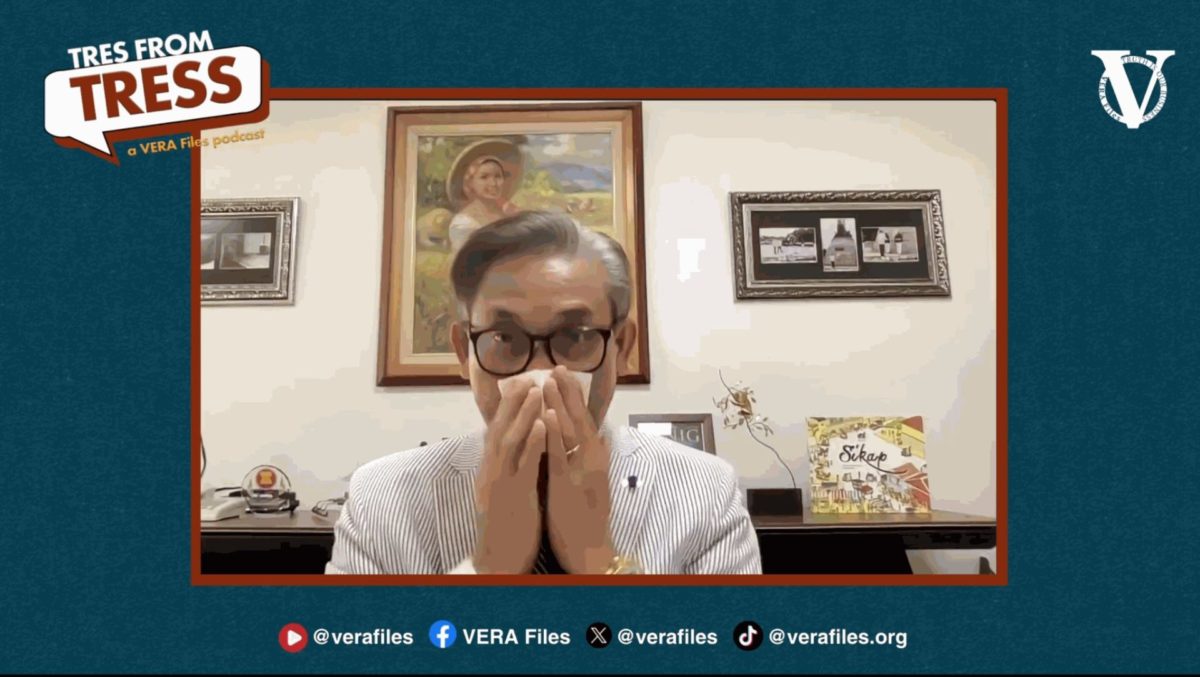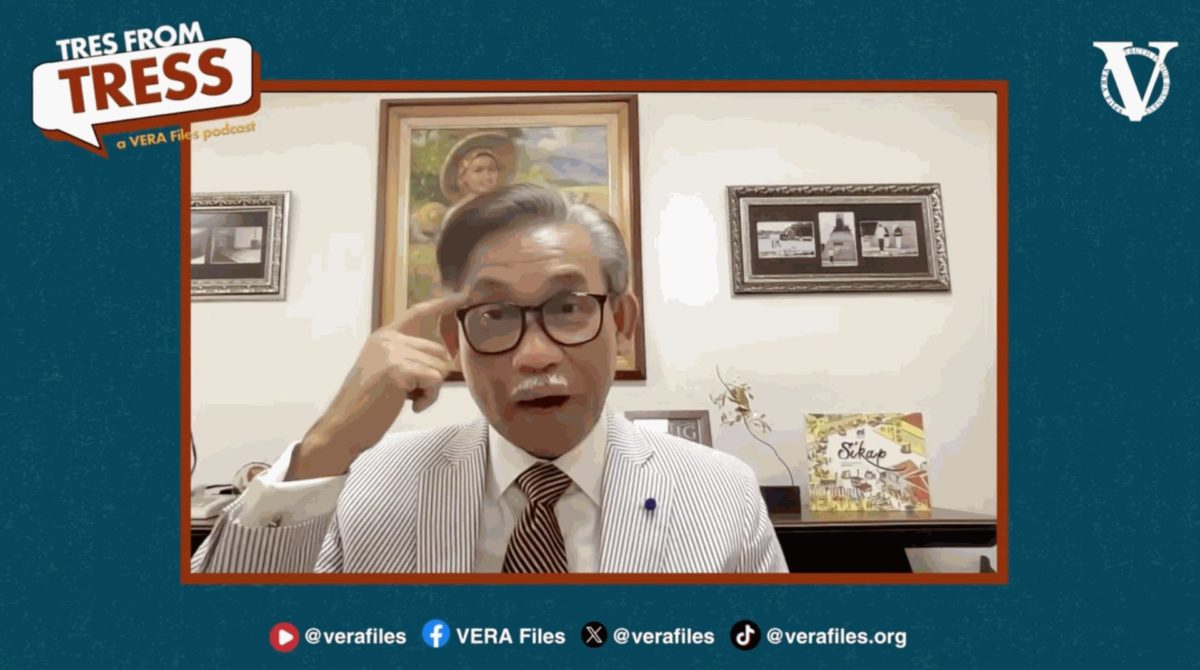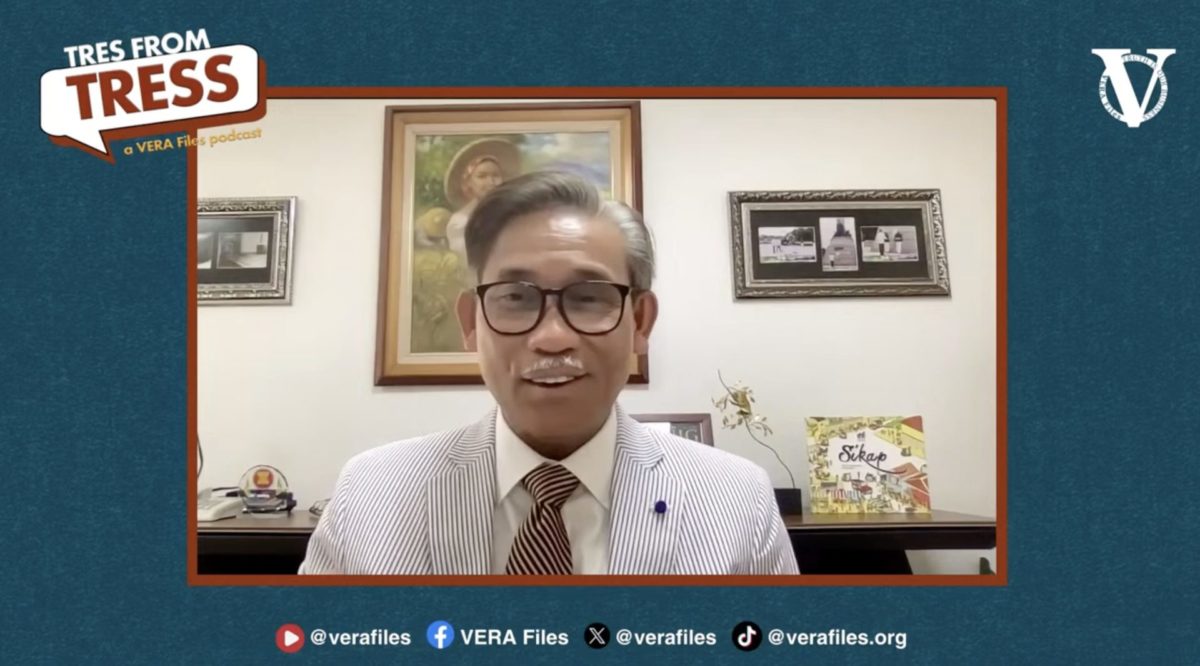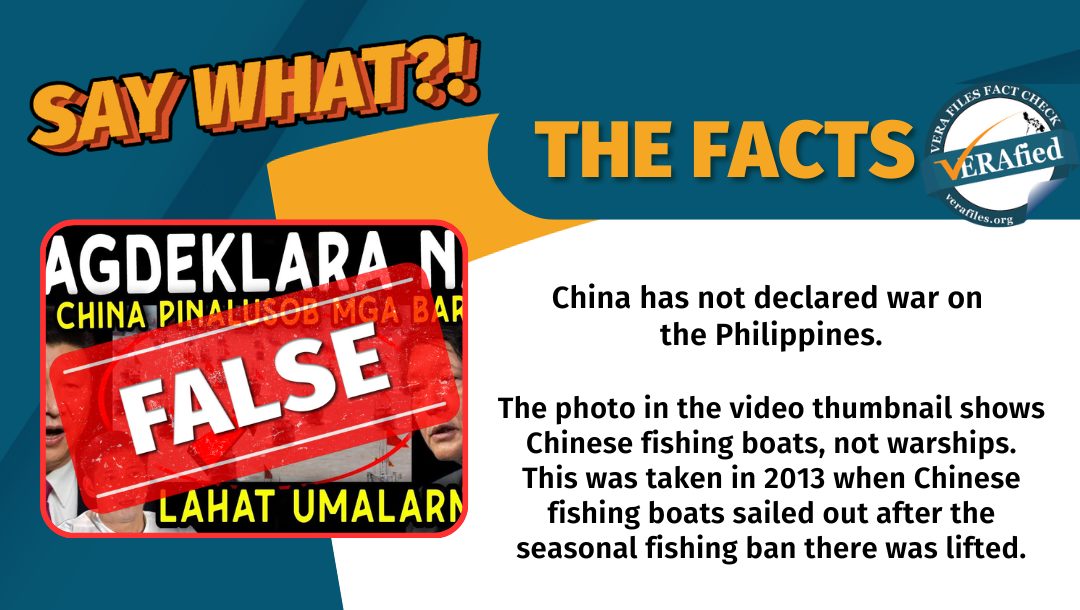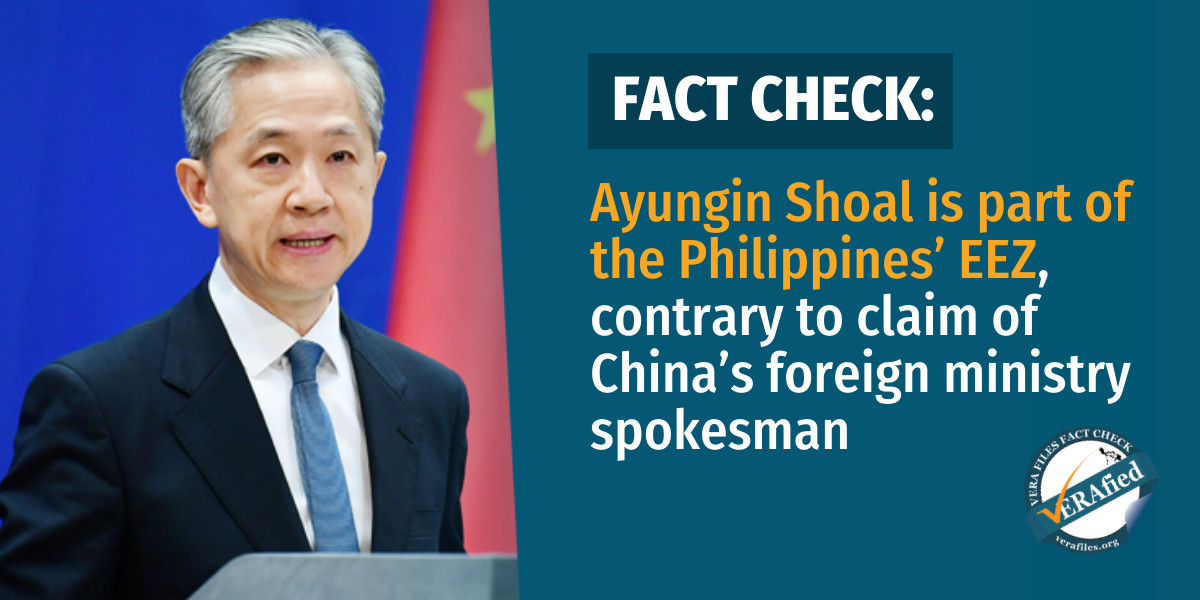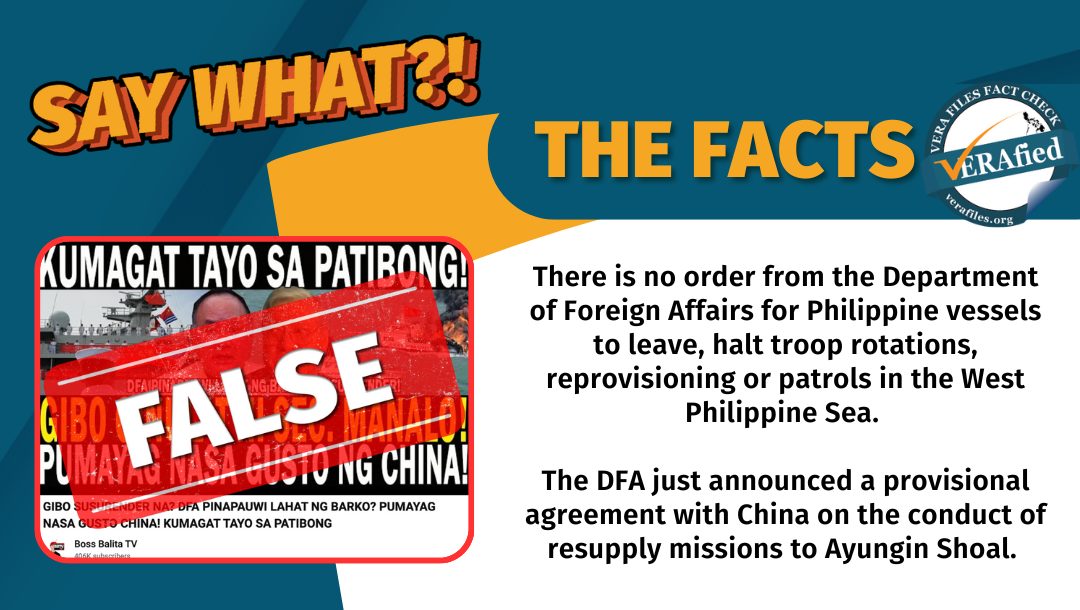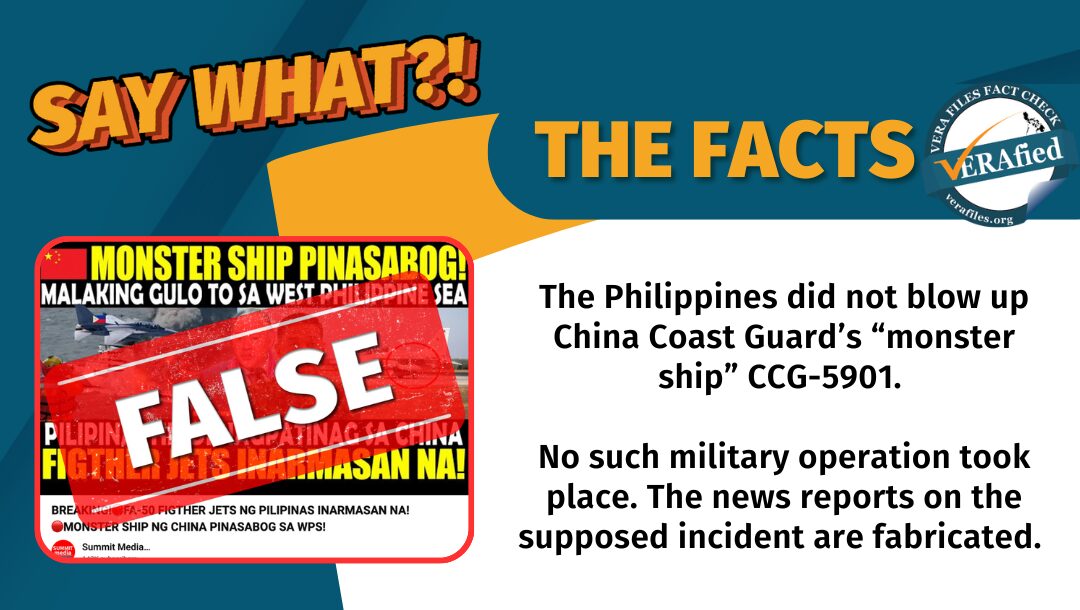The landmark victory of the Philippines in its dispute with China over the West Philippine Sea eight years ago still leaves Henry Bensurto Jr. very emotional.
He remembers the day – July 12, 2016 – like it was yesterday.
Bright and early at five o’clock in the morning, he was already at the office of Foley Hoag LLP in Washington D.C., the law firm that helped the Philippine team argue the country’s case before an arbitral tribunal of the Permanent Court of Arbitration’s (PCA) in The Hague.
The lone Filipino among the foreign consultants, Bensurto waited anxiously and nervously for the ruling, worried that the tribunal would give its typical Solomonic decision. It came before six o’clock in the morning, the ruling on the country’s 15 submissions electronically transmitted one by one.
The tribunal voted 14.5 to .5 in favor of the Philippines.
“I was teary-eyed,” Bensurto recalled the overwhelming relief he felt, almost at a loss for words. “The joy was… you cannot explain, especially when you know what was at stake.”
What filled the diplomat with pride was that “we won decisively.” Overcome with feeling as he remembered the day, Bensurto added, with a big smile this time, “The implications, it’s so deep… it’s so far-reaching. It’s about restoring the dignity of every Filipino…restoring national dignity.”
Recalling the moment, the 59-year-old diplomat paused, unable to hold his emotions. Wiping tears from his eyes, he described how he had his driver bring him to a nearby church where alone, he contemplated on what he had helped achieve for the country, the sacrifices that had to be made and to give thanks to God.
As hard as the team worked to win the case, Bensurto firmly believes that a higher being was responsible for the favorable ruling.
“I know that God’s hand was there,” he stressed, describing the victory as the highlight of his foreign service career.
***
Now Ambassador to Turkiye, Bensurto had spent years studying the six-way maritime and territorial disputes in the South China Sea within the context of the United Nations Convention on the Law of the Sea (UNCLOS). A lawyer and a career diplomat, he had worked closely with former Foreign Affairs secretary Albert del Rosario to push for the filing of the arbitral case.
To say the journey toward that victory was difficult is an understatement.
First and foremost, the pair had to convince skeptics, especially within the Philippine team, to even bring the case before the PCA even if it meant taking on the global economic giant and the repercussions of that unprecedented move.
Even Bensurto, an expert on UNCLOS and the West Philippine Sea, acknowledged the David-and-Goliath situation. “It’s a big country versus a small country. And the big country will always put its weight on the table,” he rued.
The naysayers wanted to study the matter further before making the legal step. But Bensurto and Del Rosario were firm and resisted any delay in filing the case even when there were reasons to stand down.
“We were not imagining things na walang basehan (without basis). We were sure, we were certain. By this time, mature na ‘yung aming understanding,” Bensurto the explained. “We were confident with what we (had).”
Backed by Paul Reichler, the foreign lead counsel, Bensurto and Del Rosario, brought the issue to then-president Benigno Aquino III. Two hours after a crucial meeting in Malacanang Palace, the president gave the go-signal.
On Jan. 22, 2013, the Philippines filed its case in The Hague. The fight was on.
The impetus was the breakdown of negotiations to settle the tense Scarborough (Panatag) Shoal standoff in April 2012. By that time, Beijing was already in possession of Mischief Reef and seemed bent on expanding further into the WPS.
It was a lonely journey – a “painful, uphill climb” in Bensurto’s own words – for him and Del Rosario, a former ambassador to the United States.
At times, the pair of seasoned diplomats only had each other to turn to. Bensurto remembers his boss telling him, “‘It’s just the two of us, Henry.’ He felt we had no friends and no allies. It was at some point, na ganoon, and you can see the sadness. But at the same time after that, the will.”
***
Bensurto remembers the late foreign affairs chief fondly. Del Rosario, who served under the Aquino administration from 2011 to 2016, passed away in 2023 at age 83.
While the Philippine legal team was primarily led by former solicitor general Florin Hilbay, Bensurto provided the legal context on the dispute, “working as one” with the Foreign Affairs chief.
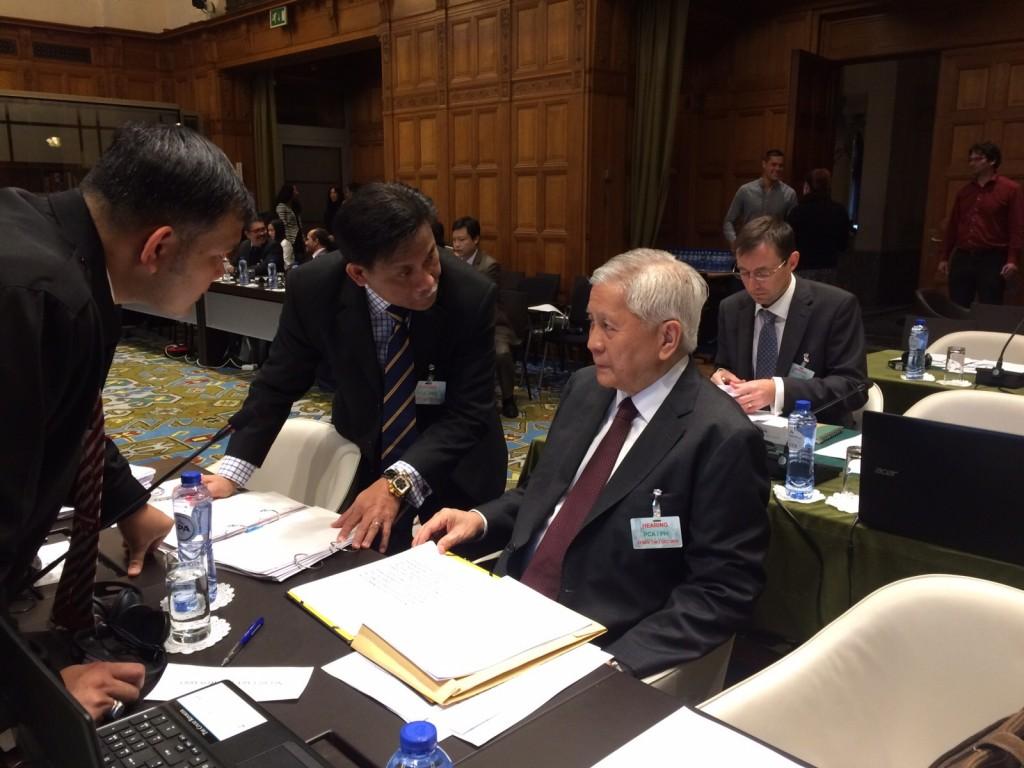
“We were so tied and linked to each other. We actually walked, talked in the same direction. I had his complete trust. He provided the iron will, the political will… I provided the legal technical aspect. And together we played our role very clearly within what our responsibilities are,” Bensurto said.
In the course of their work, Bensurto discovered the elder diplomat’s work ethics.
He blurted, ” [Former] foreign secretary Del Rosario doesn’t sleep!”
Bensurto told of the time when he had no choice but to stay with Del Rosario’s protocol officer in a New York hotel because no other accommodation was available.
“He [Del Rosario] was in his room and it was 2 a.m. or 3 a.m. and he was still on the phone. Continuous conversation, continuous paperwork,” Bensurto recalled with clear fondness of the man.
With the protocol officer assisting his boss in everything, poor Bensurto was unable to sleep. When he finally did, it was close to 5 a.m. – and they had to wake up at 6:30 a.m. to catch the 8 a.m. train to Washington D.C.
Laughing, he continued, “The only reason why the [former] secretary stopped (working) was because nahulog ang kanyang phone sa toilet (his phone fell in the toilet). So that means even in the bathroom, the secretary was working.”
By the time the arbitration case was concluded, Del Rosario was no longer head of the DFA as the Duterte administration had taken over the reins of government.
But having seen the whole case through, Del Rosario was at the Office of the Solicitor General with the rest of the Philippine team to receive the good news and as a private citizen. He then took it upon himself to update both then presidents Rodrigo Duterte and Aquino of the victory.
***
For his efforts, Bensurto has also received recognition and well-deserved recognition.
Aquino awarded him with the Order of Lakandula with the rank of Marangal, one of the highest awards in the nation, in 2013 after the case was filed.
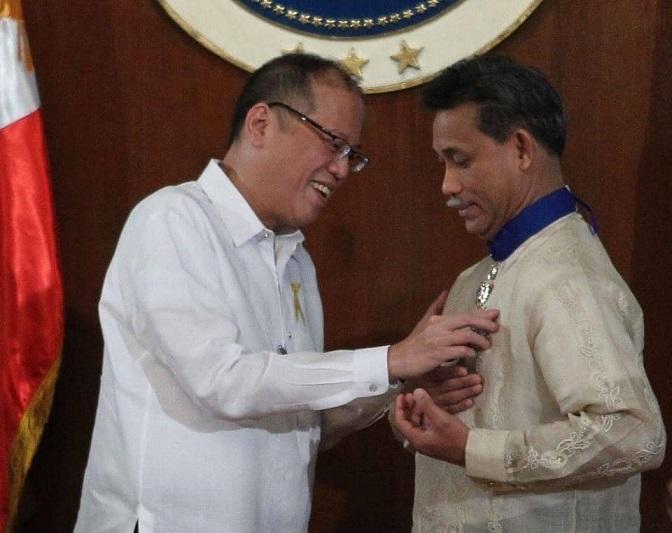
Reichler has called him a “silent hero.”
“You have been scrupulously honest, and completely dedicated to the achievement of justice and dignity for the Philippines, and peace and security for the entire region,” he said to Bensurto in an email that was furnished VERA Files.
As a leading expert on the UNCLOS, Bensurto conceptualized the ASEAN regional initiative Zone of Peace, Freedom, Friendship, and Cooperation in the South China Sea.
Prior to his current assignment, he served as the Philippine Consul General to San Francisco from 2014 until 2020 and was the Assistant Secretary of the Foreign Affairs’ department’s West Philippine Sea Center as well as Secretary-General of the Commission on Maritime and Ocean Affairs Secretariat.
An alumnus of the University of the Philippines and the San Beda College of Law, Bensurto pursued further studies at Oxford University to earn a Distinction in Public International Law and Merit in International Trade shortly after starting his foreign service career.
The seasoned diplomat also has a Diploma on the Law of the Sea from the Rhodes Academy of Oceans Law and Policy in Greece.
***
Today, China continues its aggressive moves in the WPS ignoring the arbitral decision and harassing local fishermen and supply missions in the area. Eight years on, and the enforcement of the maritime arbitral ruling is still a challenge.
But this does not faze Bensurto; he has seen it before.
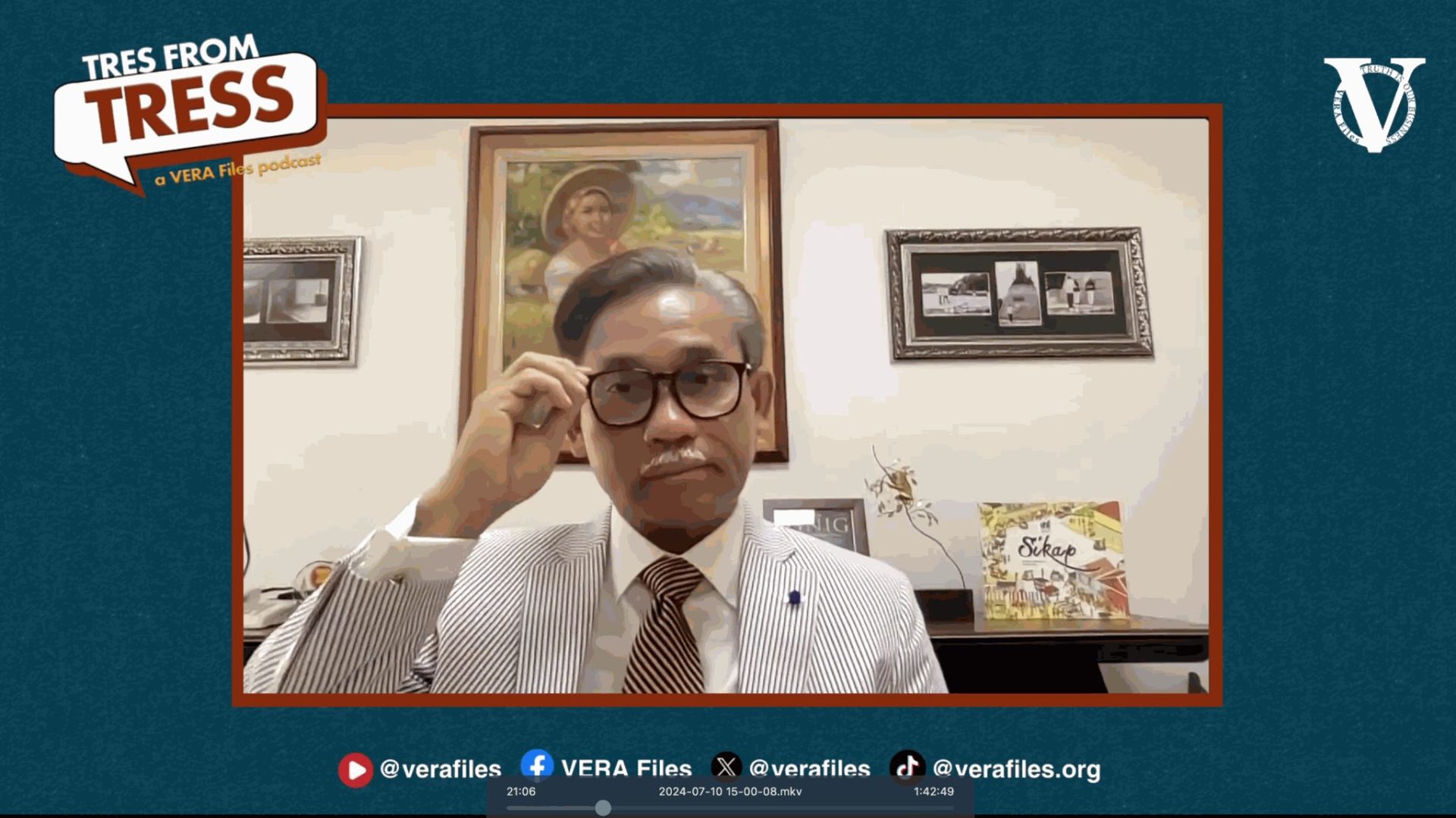
“Look at China, they were almost able to get the entire South China Sea, piece by piece, over a long period of time. We have to have the same ability. We have to have that mindset,” he pointed out.
The real battle is in the long-haul.
The ambassador urged, “We must have patience and the understanding that not all of this will be solved overnight.” Implementing the legally-binding decision requires coming up with creative solutions. But more than that, he said, it will require character.
What is important, he continued, is that we have a strategy that transcends political administrations. He stressed, “We must be prepared for the long haul… We must not be disheartened.”
For Bensurto, the same creative, constant strategy that won the Philippines the historic arbitral victory will be the same one that will eventually protect the country’s sovereignty and sovereign rights in the WPS.
(Ambassador Henry Bensurto Jr. shared this story in the July 10 episode of VERA Files’ Tres from Tress podcast with senior editor Tress Martelino-Reyes.)
